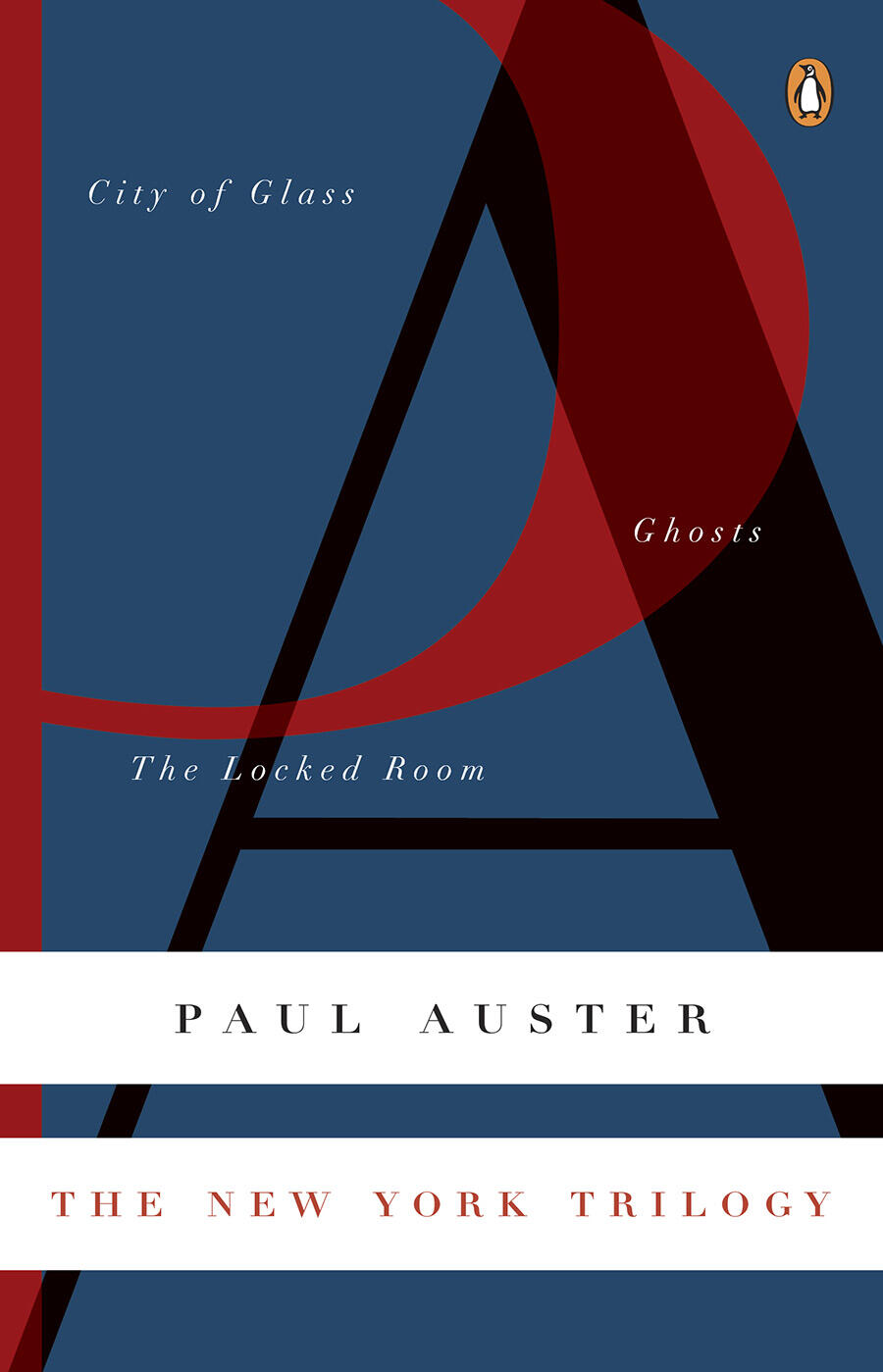Remembering Paul Auster (1947–2024)
Writers and friends pay tribute to the prolific writer, poet and filmmaker
Writers and friends pay tribute to the prolific writer, poet and filmmaker

Paul Auster loved Philippe Petit, who, in 1974, glided between the Twin Towers on a tightrope. Paul was no daredevil and maybe Petit wasn’t either. Both defied expectations in the pursuit of possibility. Risk vanished into sublimity.
Paul wrote his way across impasses that have tripped up the best. His twin towers included coincidence and make-believe, Newark and Brooklyn, catastrophe and happiness, biography and essay, the quotidian and the miraculous, French and English, frames and mirrors, son and father, chance and consequence, story and song.
Paul was a lover and a loner: a figure of imagination in everyday life and a real figure in fiction and poems.
He excelled not only at the art of writing, translating, making anthologies and filmmaking, but also at the art of living, including the art of friendship. I first met Paul in 1979. For the past decade, we lived within walking distance of each other. I saw him last a couple of weeks before he died. He told me the story of the day he met Siri Hustvedt.
Auster’s work shimmers at the edges with audacious grace and uncanny soulfulness.
He is a high-wire artist of language.
I love watching him walk the line.
–Charles Bernstein

On 29 September 1954, in the first game of the World Series, baseball centre fielder Willie Mays made a famous, near impossible catch. By chance, a seven-year-old Paul Auster, off school with flu, happened to witness it live on television. This catalysed his lifelong love of the sport, which ran parallel to an interest in the unexpected. Years later, he would write to fellow author J. M. Coetzee that, of the many games he had watched, ‘nearly every one has had some small detail or event I have never seen in any other game.’
Auster’s novels taught me that life is unpredictable; as we trudge through it, we are never far off from something coming out of left field. As his protagonist in City of Glass (1985) concludes, ‘nothing was real except chance’.
This philosophy resonated with many artists and writers. Annie Ernaux opens Shame (1998) with a quote from The Invention of Solitude (1982) and Don DeLillo dedicated to Auster his novel Cosmopolis (2003), itself an account of a journey through New York dense with unlikely encounters.
In 2017, artist Constantin Thun titled a sculpture using the opening line about growing old from Auster’s Winter Journal (2012). ‘You think it will never happen to you,’ it begins. The line feels more poignant now that he is gone. I like to imagine that there was once a part of him that believed he really wouldn’t grow old and that, in cheating death he, like his characters, would be subject to another inexplicable twist of fate.
–Phin Jennings

He wanted persons he cared for to thrive, and to find each other. I met him when he was working on an anthology of contemporary French poets for Random House in the late 1970s. Once, we went together to visit the reclusive poet William Bronk, whose work Paul loved for its profound simplicity; he thought I might learn from it. We were teaching at Princeton one semester, and he asked if I had a new collection ready and if so, I should meet his then editor Nan Graham at Viking-Penguin. I did, and Nan became my editor for the next three collections. I told him, on the Saturday before he died, that I wanted to plant something in my garden for him. What was his favourite flower or plant? O, he said, I don’t know anything about plants. Urban and urbane, unpretentious, kind; a rare temperament, capable of near abject solitude and a warm, convivial solicitude; he asked, even as he was dying, how I was doing. Well, I told him, someone had asked how I stayed so ‘hearty’. He laughed, a quick deep sound, and made a joke about ‘a hearty laurel’ – a reference to the comedy film duo Laurel and Hardy. Ok, I told him, I will find a hearty laurel to put in the garden. A pun is a form of coincidence.
–Ann Lauterbach
Main Image: Paul Auster at the 55th International Film Festival of San Sebastian, 2007. Courtesy: AFP PHOTO / RAFA RIVAS via Getty Images
























